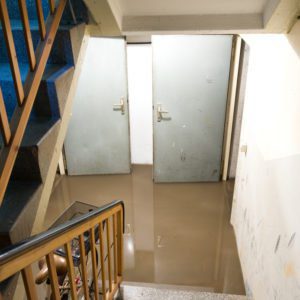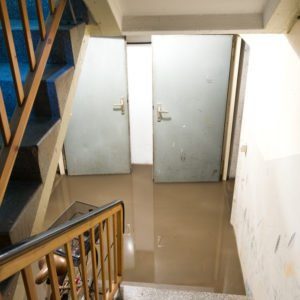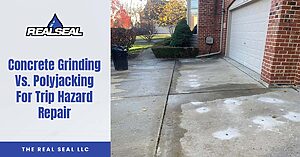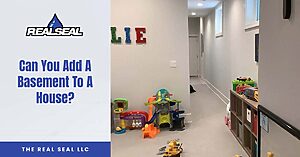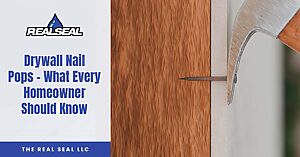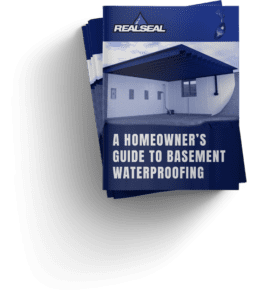Of all homes with basements, more than 98% will experience some type of water damage. And even if you’ve never experienced basement flooding in your home, it’s always important to have a course of action in case of a severe rainstorm or issue with your sump pump. Many people don’t quite understand which items can and cannot be salvaged after a flood, and instead of taking a wild guess, make sure to keep your own personal health and safety in mind by having a game plan.
After your basement has been wrecked by a flood, be ready to act. Here’s a quick rundown of some items that should and shouldn’t be salvaged after a basement flood.
Carpet
Most people are aware that it’s important to clean up and dry out your home thoroughly and quickly (within 24 to 48 hours) after flooding to prevent mold growth. This is especially essential for carpeted basements, as this type of flooring retains water. If you can remove your carpet and get it dry and professionally cleaned relatively quickly, then you’ll most likely be able to save it. But as for the underpadding or other layers of carpet underneath, it’s best to throw them to the curb ASAP. If you’re still unsure, the general rule of thumb is to remove any organic items such as bedding, towels and upholstery that have been damaged by the basement flood. If they don’t dry within 48 hours, throw them away before they start to mold.
Electronics
You’ll have to be very careful when handling your electronics after a flood. Start by unplugging all electronics and disconnecting the power to your basement. If the water level is above the electrical outlets, it’s typically best to avoid entering and consult a professional. Otherwise, electric devices should be removed from the flooded area as soon as possible.
Food
Traditionally, canned and pickled foods were stored in basements for future use. Today, the basement is not the ideal place to store food or beverages of any kind. In general, you should plan to throw away any food or beverages that have come into contact with floodwaters. Remember: floodwater can contain raw sewage and other contaminants, so when in doubt, throw it out.
In 2013, water damage accounted for 26.4% of all insurance loss claims in the United States. In addition to understanding how to handle your belongings after a flood, you should also look into foundation repair services if you’re experiencing frequent issues. A team of foundation repair contractors can provide a professional evaluation and help you keep your home dry. In the meantime, get proactive and remove food and beverages, electronics, and carpeting from your basement altogether.
For more information about foundation repair services here in the Chicago area, contact The Real Seal LLC.
